Windows are available in a variety of sizes, shapes, and forms and can even be customised to your precise specifications. However, zeroing in on the right design and style can be a trickier proposition. To assist you in making the apt choice, we will be comparing the various attributes and benefits of two of the most common window styles in the market today: casement windows and sliding windows. Casement windows and sliding windows are both excellent alternatives for any house, but there are certain stark differences between the two windows.
Post your Requirement
It can be said that both types offer some unique advantages, and comparing the merits and demerits of these two types will help you to answer this question in the best possible manner. Several aspects like safety, ventilation, energy efficiency, aesthetic appeal, and cost will have to be taken into consideration before concluding, and it is always advisable to conduct some research to make you familiarise yourself with the unique features of sliding windows and casement windows.
Suggested: Top 10 UPVC Window Designs and Styles
What is a Casement Window?
Casement windows are generally attached by two or more hinges and need to be cranked to open. Moreover, they can be opened on both sides, either inwards or outwards, but they generally open outwards. They also come with an option of a safety hook or friction hinge to keep the window in place, which can come particularly handy on windy days. Additionally, casement windows can either be singular or come in pairs, sharing a single frame.
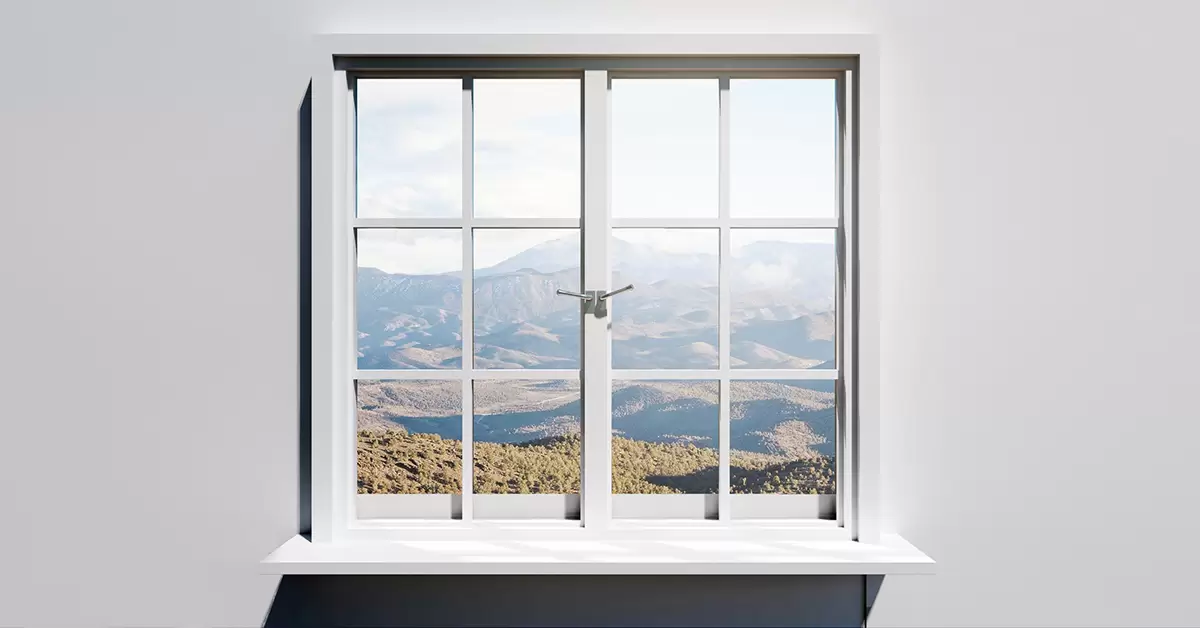
Casement Window Advantages
- Highly customizable: Casement windows are highly customizable and can be tailored to suit various styles. Moreover, they are available in an array of frames, which means they can suit several homes.
- Energy efficient: Casement windows are highly energy efficient as they form a tighter seal when closed. In terms of energy efficiency, they are second only to fixed-pane windows.
- Offers great ventilation: They offer better ventilation and offer excellent air flow when open. These windows are also easier to operate in most cases and can be opened the widest compared to all others.
- Looks attractive: Casement Windows tend to look far more attractive when they’re open than sliders when open. Casements are also flush with adjacent panes and can be much larger than sliders while still being operable.
- Enhances security: Casement Windows are also highly secure as the lock is incorporated into the frame, making them difficult to break into. Additionally, these windows are easier to clean since they can be opened to allow access to both sides.
- Offers a large viewing area: Casement windows, unlike their counterparts, provide an unrestricted view of the surrounding region.
- Require minimal maintenance: A simple wipe with a wet cloth every now is enough to keep casement windows in good condition for a long time.
- Highly customizable: You can generally alter it to your desire, and with relative ease, there are many customizable options already on the market, so you won’t have to break a sweat.
Casement Window Cons
- Safety hazard: They can pose a potential safety hazard, especially if they’re left open on the outside.
- Expensive: Casement windows are more expensive than other window options on the market, owing to their size and premium appearance.
- Size limitation: Despite having top-quality material casement windows do have their size limitations mostly because of their unique design.
What is a Sliding Window?
Sliding windows are not attached with a hinge. Instead, they sash open – either up or down or slide back and forth. It is very similar to a double-hung window turned on its side and complements traditional and colonial-style properties perfectly. They also work seamlessly with walls where there isn’t a lot of height to play with, but enough horizontal space.
Explore More: What is Sliding Window?
Sliding Window Advantages
- Ease of operation: Sliding windows are easy to open and far simpler to operate, so there are fewer potential mechanical problems.
- Cost efficient: Sliding windows are a cheaper alternative compared to casement windows. Moreover, as they don’t open on the outside, it doesn’t pose a safety hazard for people walking on the outside.
- Blends easily: uPVC Sliding windows blend perfectly in period properties, refurbishment houses, and cases where casement windows may be considered too modern.
- Better spacing options: Sliding windows let you choose exactly how much space you want to leave open. This way, you can regulate the flow of fresh air into your room.
- Low maintenance: Sliding windows have fewer pieces than other types of windows. Remember, parts of the windows do wear out and fail over time, so sliding windows. The good thing is that sliding windows are not dependent on these components to function, making them much more durable and long-lasting.
Sliding Window Cons
- Low energy efficiency: Sliding windows are not as energy efficient and, thereby, can prove to be extremely expensive to maintain.
- Difficult to clean: Sliding windows can be more challenging to clean than other types of windows, especially if they are not on the ground floor. To clean it, you might have to lunge outside, which could be dangerous. Another alternative is to hire assistance from professionals, which could be expensive.
- Non-repairable: While UPVC doors and windows are known for their durability, one downside is that they are typically non-repairable. In the event of damage or a malfunctioning component, it is often necessary to replace the entire unit rather than repair the specific issue.
Casement Window Vs Sliding Window: A Comparative Analysis
The casement and sliding windows are both incredible structures that are widely chosen in the industry. The casement windows come with easy functionality and smooth operation, while the sliding windows are space-saving and stylish. The sliding windows are also better at creating a cohesive look for the building. Some of the few factors to be considered while choosing between the two include the following:
1. Physical Design
One of the key factors while choosing the right window design for your spaces is the size of the windows. Casement windows are the traditional design that is particularly ideal for tall and narrow window openings. The casement windows are usually attached to the side of the frames and are built to swing outwards with easy operation. They are easy-to-clean structures that come in a variety of configurations from one-lite to five-lite, with or without a fixed window in the centre.
The sliding windows are particularly ideal for the wide openings with a relatively low height. The sliding windows are easy to operate and open sideways with one panel sliding over the other. The sliding windows come in a variety of configurations with two moving sashes, three or more.
2. Ventilation
The design and opening of the windows significantly impact the level of airflow and ventilation that the structures offer. Casement windows are often built to open completely, thereby making them a great option for maximum ventilation through a large opening. With the wide opening, they can also catch side breezes effectively when angled.
On the other hand, the sliding windows provide limited ventilation as half of the window space is closed or overlapping. With only a single moving panel, they are less reliable in terms of airflow and ventilation. However, you can go for sliding windows that are built with both moving panels for superior airflow.
3. Insulation Properties
Energy efficiency and thermal insulation are some of the essential features to look for when choosing the right kind of doors and window structures. The casement windows are built with higher energy efficiency due to their proper sealing and airtight closing. When closed, the sash in the casement window design presses tightly against the frame, minimising air leakage and enhancing insulation.
The sliding windows come with a gliding mechanism where the window sash must pass over the track when the window is opened or closed. Therefore, the seal, when it comes to sliding windows, is somewhat flexible. The slight drafts in the sliding window designs make them a relatively less reliable option for energy efficiency and insulation.
4. Space and Efficiency
The casement windows are more space-consuming structures as compared to the sliding windows as they require extra clearance space outside the wall for the sashes to open outwards. This can be quite an issue when it comes to walkways, balconies, or tight exterior spaces where clearance space can be a issues. These doors are typically operated with a crank handle.
The sliding windows, on the other hand, are space-saving structures that have one or more panels that move horizontally across a pre-defined track, making them move without the need for any additional hardware. With the elimination of the extra clearance space, the sliding windows prove to be a wonderful choice for compact or confined spaces.
5. Natural Light and View
When it comes to ease of use, the sliding windows are superior options as they move on a simple track, while the casement windows require cranking or unfastening to open. Therefore, the mechanism of the sliding windows proved to be smoother than the casement windows.
The sliding windows also come with larger glass panels that ensure a wider view with an abundant flow of natural light, thereby creating an elegant appeal indoors. The casement windows, on the other hand, can be divided into multiple smaller sections and can be used for proper ventilation, but compromised view.
6. Visual Appeal
There is a world of possibilities for the designs for both the structures. You can customize the casement windows with grills, with different materials, dual pane glass, and others. The sliding windows can be customized with styles, finishes, particularly for contemporary homes. However, when put in comparison, the casement windows are more traditional structures, while the sliding windows are more modern and attractive.
Conclusion
In conclusion, both casement windows and sliding windows offer unique advantages and considerations for homeowners. Casement windows provide excellent energy efficiency, enhanced ventilation, attractive aesthetics, increased security, a wide viewing area, and minimal maintenance. However, they can pose a safety hazard if left open on the outside, come with a higher price tag, and have size limitations due to their design.
On the other hand, sliding windows are easy to operate, cost-efficient, blend well with certain architectural styles, offer customizable spacing options, and require less maintenance. However, they may be less energy-efficient, more challenging to clean, and may have limited repair options.
FAQ’s
Q:1 Are casement windows better than sliding?
A:1 The choice between the sliding and the casement windows depends on your personal preferences and choices. You can go for casement windows for a tighter seal, better energy efficiency, proper ventilation, and full openings, while the sliding windows are for low maintenance needs, ease of operation, wide view, and space space-saving approach.
Q:2 Which window type offers better ventilation?
A:2 Casement windows are undoubtedly a superior choice for ventilation and airflow as they ensure full openings. These windows can also catch the side breezes directly more fresh air indoors.
Q:3 Which window type requires more maintenance?
A:3 Casement windows require relatively more maintenance compared to sliding windows, as they are built with hinges and cranks that need regular lubrication and care. The sliding windows, on the other hand, have fewer moving parts and thus require less maintenance over time.
Q:4 Are casement windows cheaper than sliding windows?
A:4 No. Instead, the casement windows tend to be more expensive due to their sealing mechanisms and the hardware accessories. Sliding windows prove to be a more budget friendly choices ensuing large openings.

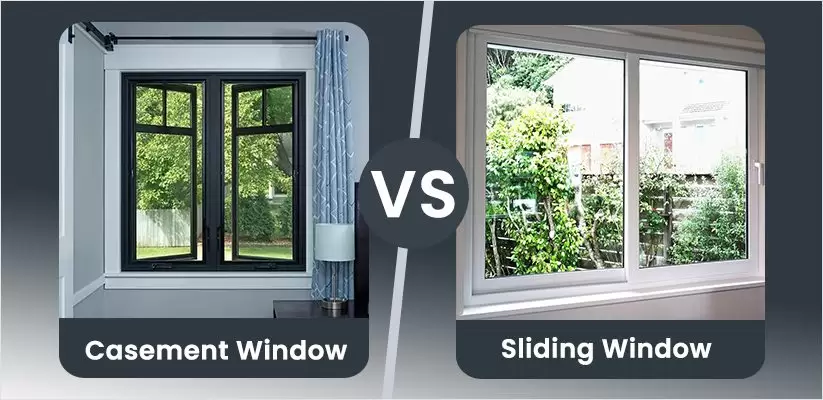
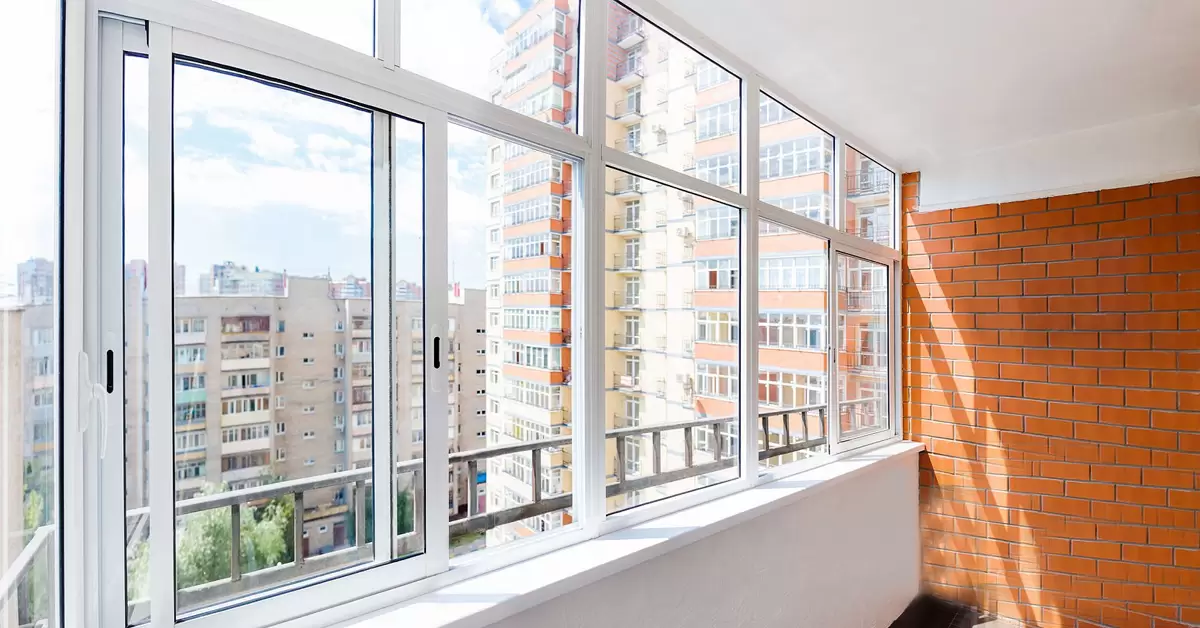
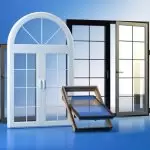
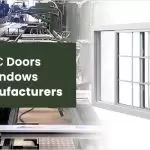
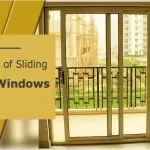
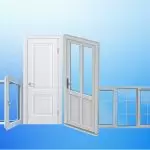



















Post A Comment